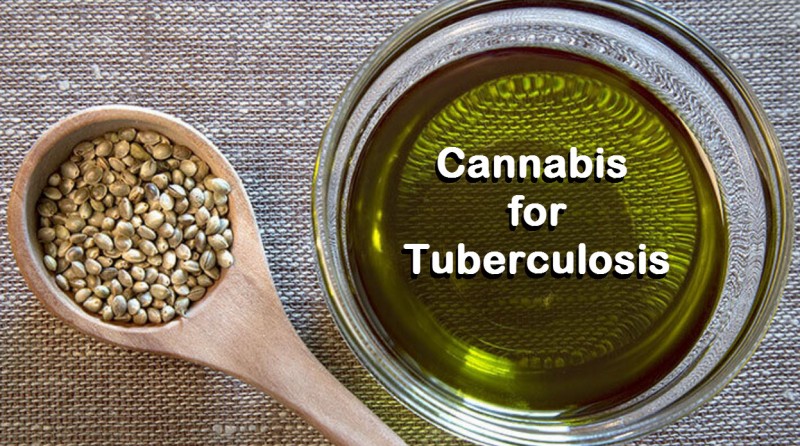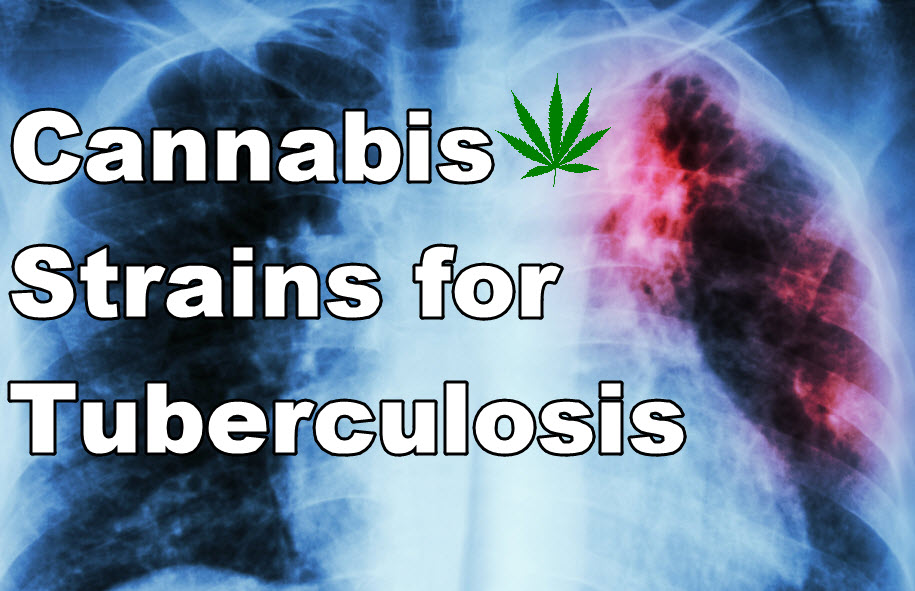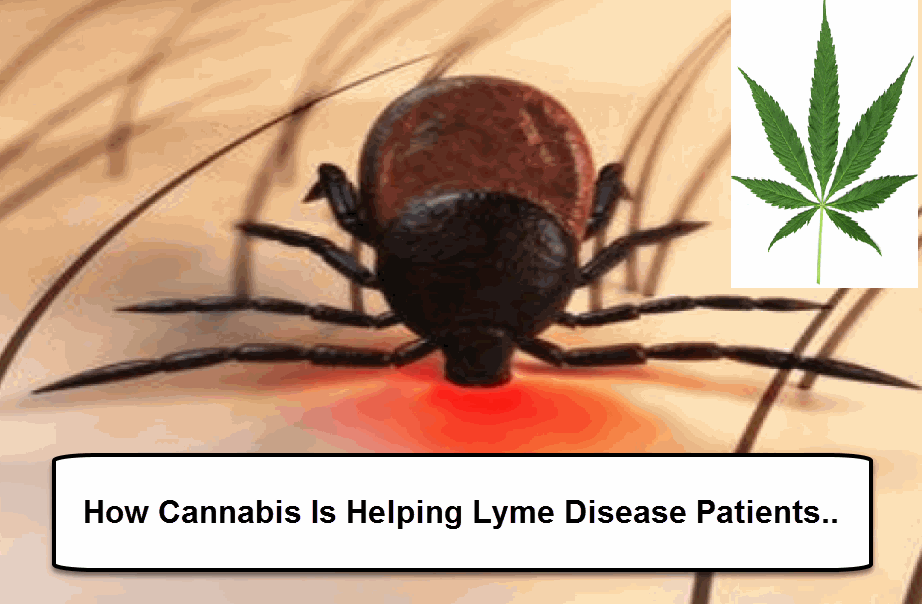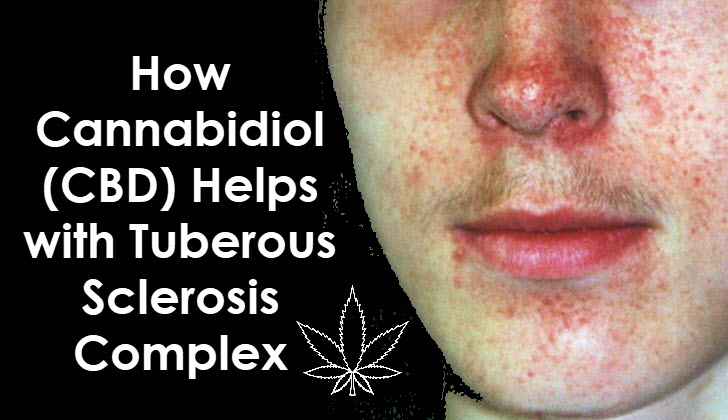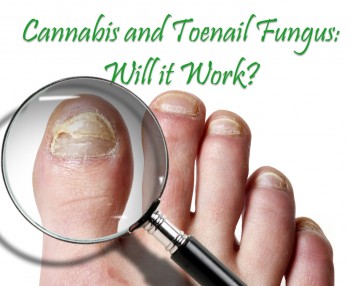Cannabis for Tuberculosis
Tuberculosis and Medical Cannabis from CannabisNet on Vimeo.
Tuberculosis is an infectious bacterial disease that affects the lungs and can cause death if left untreated. Commonly also referred to as TB, the condition can also spread to other parts of the body such as the spine and the brain. It’s caused by a bacteria called Mycobacterium tuberculosis. It’s estimated that around 2 billion people, or a third of the people in the world, are diagnosed with tuberculosis.
TB is spread through the air just like the flu or common cold. When someone with TB sneezes, coughs, laughs, talks, or even sings, small particles of the bacteria can spread in the air and infect a new person just by breathing in the bacteria. This is why TB is contagious but it’s not that easy to catch because you’ll need to spend a lot of time around a person to catch it.
A healthy immune system is effective in fighting off the TB bacteria. However, people with certain conditions are at risk of catching TB: HIV, AIDS, diabetes, kidney disease, head and neck cancers, cancer treatments such as chemotherapy, medication for organ transplants, malnutrition and low body weight, Crohn’s disease, and psoriasis among others. Infants and young children are also at risk for developing TB because their immune systems aren’t as developed.
The symptoms of TB include coughing up blood, cough that lasts more than 3 weeks, fever, fatigue, night sweats, chills, unexplained weight loss, chest pain, or pain with breathing and coughing.
Historical Use of Cannabis to Treat TB
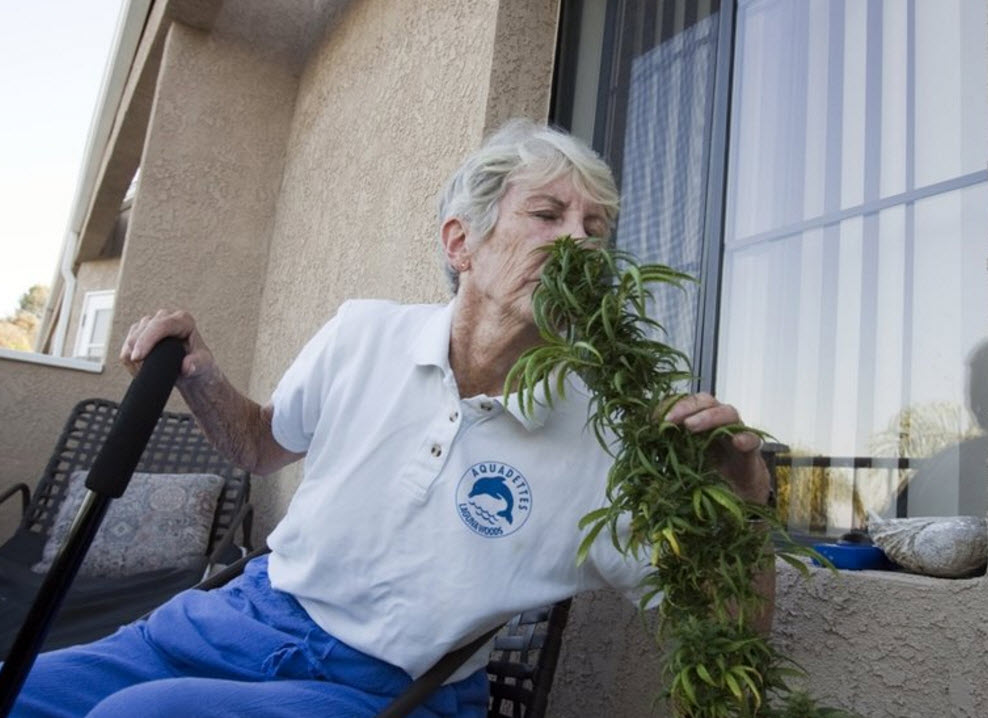
Cannabis has already been documented in historical times to treat tuberculosis in different countries around the world. In fact, some still use cannabis and consider it as folk medicine for TB until present day even if conventional kinds of folk medicine have wiped out cannabis use.
The first use of cannabis to treat TB was recorded in India and seems to have been well-documented and known about during the years of 1893-1894, which was the same time of the Indian Hemp Drugs Commission. The Commission had found out about the use of cannabis as a treatment to TB as well as many other conditions from doctors in India as well as the west. There was even an unusual custom in India where they grew cannabis at the burial site of a dead cobra thinking that the crop that grew out of it would contain exceptional therapeutic properties and was also prized as a treatment for TB. In traditional African medicine, cannabis was used by South African tribes to treat respiratory illnesses including tuberculosis specifically with hot water decoctions.
Modern Studies
Studies during the 1950’s onwards began showing promising evidence that even today, the use of cannabis is still therapeutic for tuberculosis. A study in the 1960’s showed that cannabis resin was successful in inhibiting the growth of the TB bacteria as well as other pathogens. Back then, barely anything was known about specific cannabinoids although CBD showed to be particularly helpful for its antimicrobial characteristics.
In 2011, an Israeli study analyzed rats that were injected with the TB bacteria to induce experimental autoimmune encephalitis, which is the animal form of multiple sclerosis. The rats that were treated with CBD showed a significant progression of the disease. The researchers stated that this was a result of the CBD-induced inhibition of T-cell proliferation, a property that CBD has showed to possess and while it doesn’t clearly state that it affects the TB bacteria directly it may have a role to play in the progression of TB.
Another report showed that another cannabinoid, not THC nor CBD, could play a important role in combating TB. The beta-carophyllene cannabinoid (BCP) has been shown to heal the inflammatory response of the body instead of combating the bacteria, which is what it did in the mice studies.
Avoid Smoking If You Are At Risk
Because there are studies that link tobacco smoke with an increased risk of developing tuberculosis, some think that the same is true for cannabis smoke. However, there is no evidence yet which states smoking cannabis or vaporizing would increase the risk for TB. However, it should also be noted that TB can be spread, as well as other contagious respiratory diseases, with unsafe methods of consuming pot such as the commonly shared bong, sharing joints, and even something as mundane as hot-boxing in a vehicle can cause the TB bacteria to spread. If you are at high risk or have a low immune system, avoid these situations.
OTHER STORIES YOU MAY ENJOY...
CANNABIS STRAINS FOR TB, CLICK HERE...
OR...
LYME AND CANNABIS, CLICK HERE.
OR...
CHURCHES TURNED INTO DISPENSARIES, CLICK HERE.

